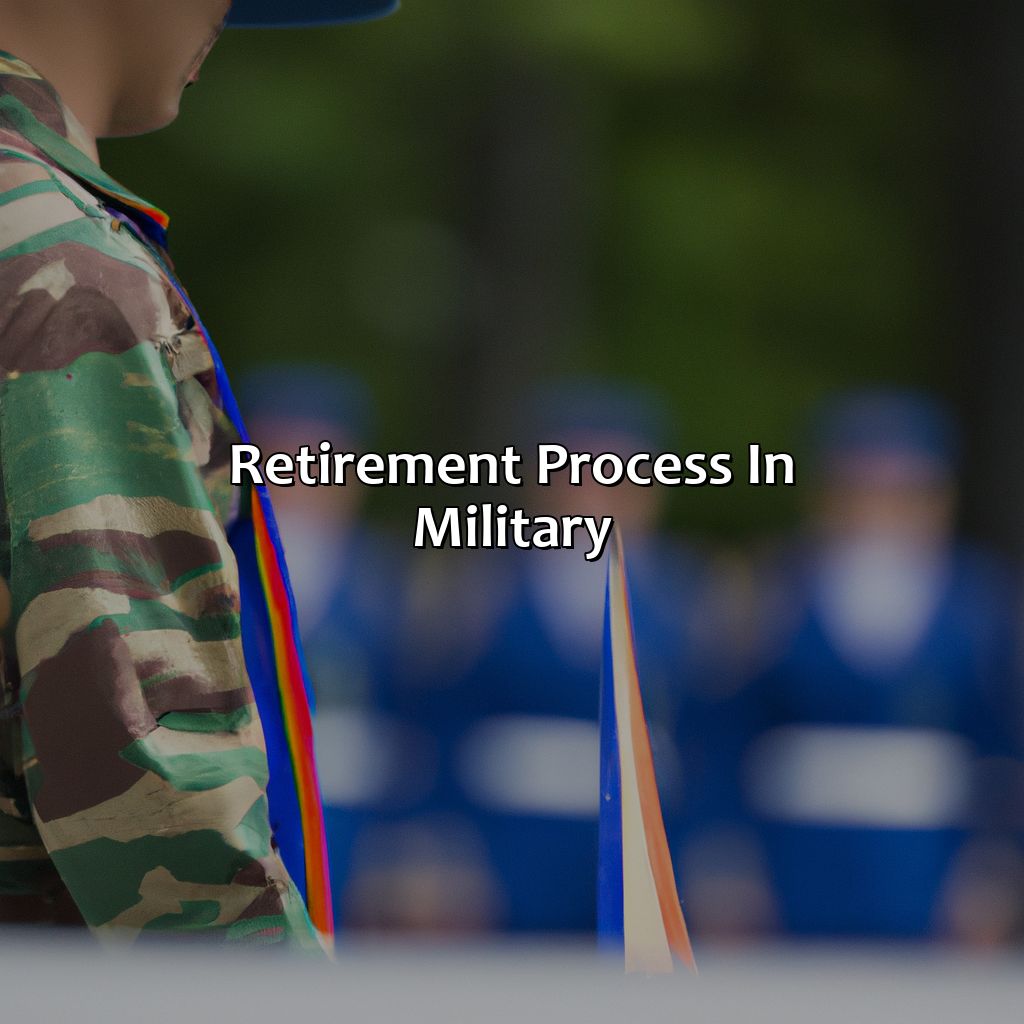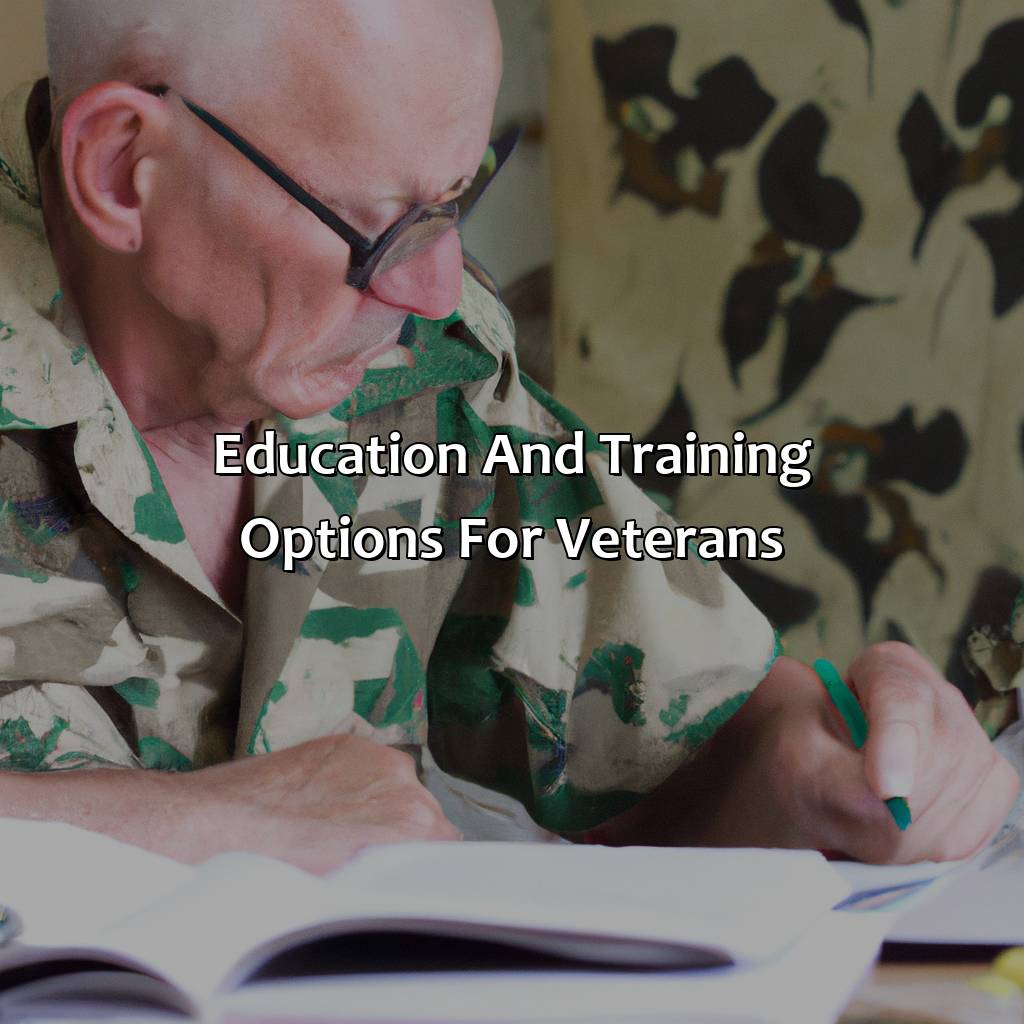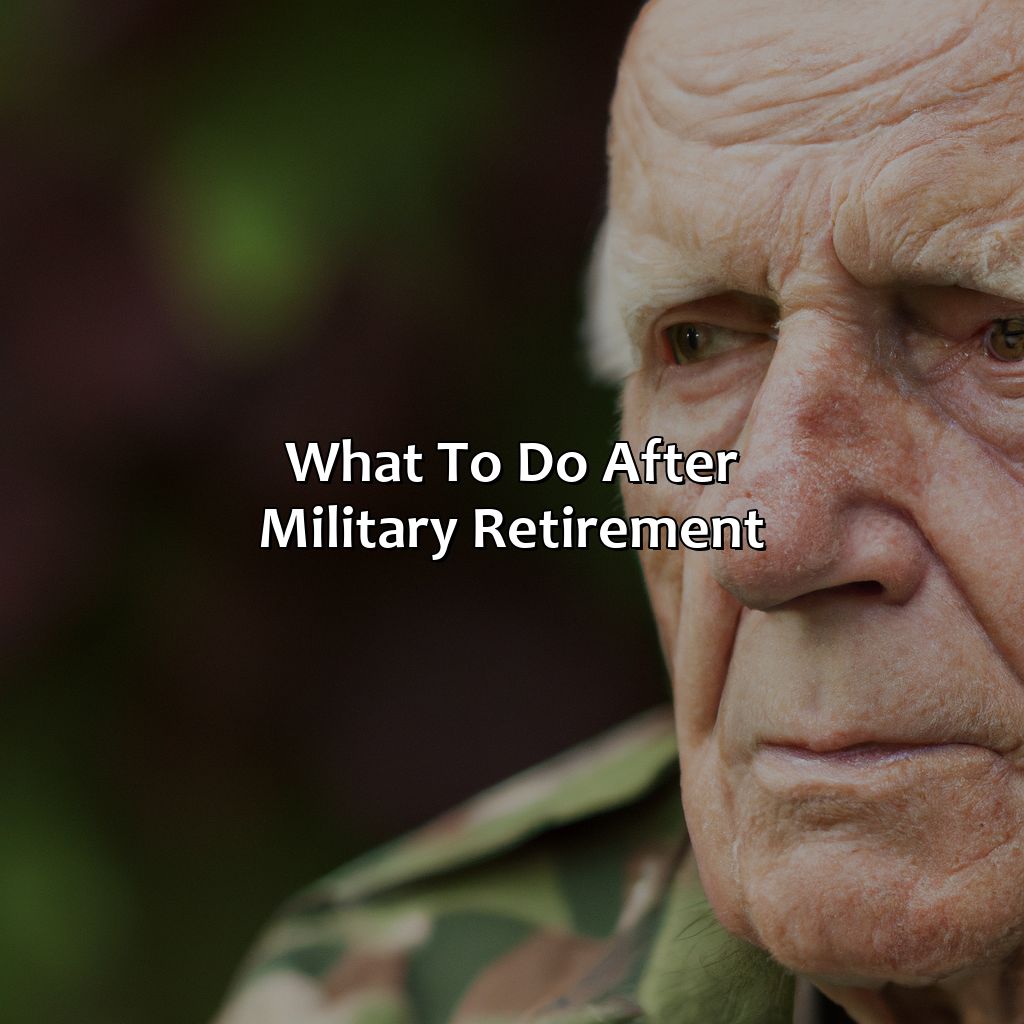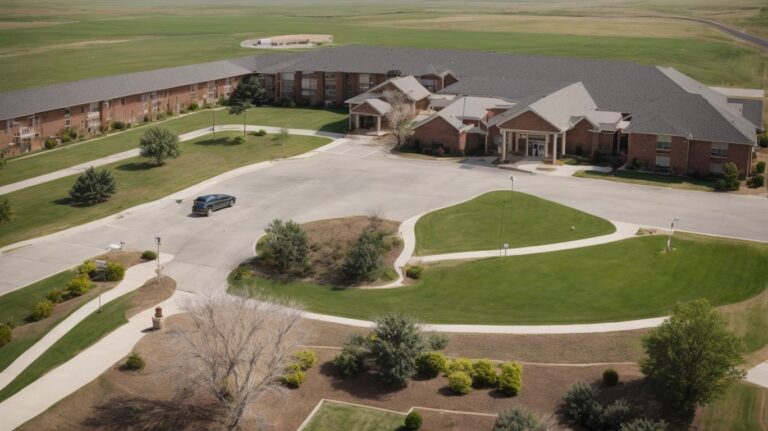What To Do After Military Retirement?
Key Takeaway:
- The retirement process in the military involves a series of steps, including attending a retirement briefing, updating personal and financial information, and submitting retirement paperwork. It is important to plan for retirement well in advance to ensure a smooth transition.
- Job opportunities for veterans are abundant, with options available in both the federal and private sectors. Federal jobs for veterans include preference points and hiring preferences, while private sector jobs offer potential for growth and advancement. Veterans should consider their skills and interests when exploring job opportunities.
- Education and training options are available to veterans, including higher education opportunities and vocational training programs. These options can help veterans gain new skills and advance their careers. Veterans should research available programs and benefits to determine the best fit for their needs.
- Entrepreneurship and small business opportunities are also available to veterans, with resources and programs specifically designed to help veterans start and grow their own businesses. This can be a good option for veterans who want to be their own boss and create their own career path.
- Healthcare and other benefits are available to veterans, including access to VA healthcare and disability compensation. Veterans should research the available benefits and programs to determine which ones they may be eligible for and how to apply.
Are you nearing the end of your military career and feeling overwhelmed with the thought of transitioning to civilian life? You are not alone. This article provides practical advice on what to do after military retirement. From financial planning to job hunting, you’ll find the support you need here.
Retirement Process in Military
After years of dedicated service, military personnel are faced with retirement. The process of transitioning from active service to retired status involves several steps, including submitting paperwork, attending briefings, and undergoing medical evaluations. It is important to plan ahead and start the retirement process early to ensure a smooth transition.
Additionally, veterans can take advantage of various benefits and resources available to them, such as education and training opportunities, healthcare services, and pension plans. A wise pro tip for anyone nearing retirement from the military is to seek guidance from a financial advisor to ensure financial stability.

Image credits: retiregenz.com by Adam Woodhock
Job Opportunities for Veterans
As veterans transition to civilian life, they may seek opportunities to utilize their skills and experience in the workforce.
The CareerOneStop website offers a range of job opportunities for veterans, including:
- Apprenticeships and on-the-job training programs
- Civil service positions with federal and state governments
- Employment in healthcare, law enforcement, and other public service sectors
- Entrepreneurial ventures through the Small Business Administration
- Job counseling and placement services through local American Job Centers
- Training and certification programs through Veterans Affairs
Though the job market can be competitive, veterans may have a competitive edge due to their discipline, teamwork, and leadership experience. Employers may also offer incentives to hire veterans, such as tax credits and diversity initiatives.
Pro Tip: Take advantage of resources provided by organizations such as Hire Heroes USA, which offers job search assistance, career coaching, and resume building services specifically for veterans.

Image credits: retiregenz.com by James Jones
Education and Training Options for Veterans
Veterans have numerous options for further education and training after military retirement. Their experience in the military provides them with a valuable skill set that they can leverage when considering their post-military career prospects.
Education and Training options for Veterans include:
- Using GI Bill benefits to obtain a degree or certification
- Attending a trade or vocational school for a specialized skill
- Participating in a military-to-civilian job training program
- Enrolling in an apprenticeship program for hands-on training
- Accessing government-supported programs that offer retraining and education options
Networking is an essential aspect of transitioning from military to civilian life. Veterans can connect with alumni associations or veteran-specific organizations to build professional connections and tap into valuable resources. They can also consider internships or volunteer work to gain industry-specific experience.
Pro Tip: Veterans eligible for VA healthcare services can access counseling and coaching services to help them navigate their post-military careers. These services are free and can provide guidance on choosing a career path, job searching, and other employment-related matters.

Image credits: retiregenz.com by Joel Jones
Entrepreneurship and Small Business Opportunities for Veterans
Starting a small business after military retirement can be a great option for veterans who want to continue serving their country and community while being their own boss. Veterans have unique skills and experiences that can translate well to entrepreneurship. It is essential to conduct market research and develop a solid business plan to increase the chances of success. Additionally, there are various government programs and resources available to help veterans start and grow their businesses.
In the military, veterans learn invaluable skills such as leadership, discipline, and adaptability that can be applied to entrepreneurship. Small business ownership allows veterans to continue contributing to society while also having the potential for financial success. Veterans can also take advantage of government resources such as the Small Business Administration’s Veterans Business Outreach Centers (VBOC) and the Veterans Affairs’ Vocational Rehabilitation and Employment Program (VR&E) to receive training, counseling, and financial assistance.
It is crucial to note that starting a small business can be challenging and requires hard work, dedication, and perseverance. However, with the right mindset and resources, veterans can achieve their entrepreneurial goals. One veteran who exemplifies this is Army veteran Brian Steorts, who started a small custom wooden flag business after his military retirement, which has now scaled into a multi-million dollar company.

Image credits: retiregenz.com by James Woodhock
Healthcare and Other Benefits for Veterans.
Veterans can access a range of healthcare and benefits provided by the government. This includes physical, mental, and emotional health services, rehabilitation, and disability compensation. Additionally, they have access to education and training programs, employment services, and assistance in purchasing a home or obtaining a small business loan. These benefits provide support and security for veterans as they transition into civilian life.
It’s worth noting that there are specific eligibility criteria for each benefit, and veterans may need to apply for them individually. It’s important to stay informed and seek guidance to ensure you’re accessing all the benefits you’re entitled to.
Pro Tip: Stay up to date with changes and new benefits by regularly visiting the Department of Veteran Affairs website or speaking with your local Veteran Service Organization.

Image credits: retiregenz.com by Yuval Arnold
Five Facts About What To Do After Military Retirement:
- ✅ Military retirees can pursue a second career in a variety of fields, including government, education, and private industry. (Source: Military.com)
- ✅ Military retirees may be eligible for retirement benefits, such as healthcare, education, and pension plans. (Source: USAA)
- ✅ Military retirees can use their experience and leadership skills to start their own businesses or consult for others. (Source: Entrepreneur)
- ✅ Military retirees can use their GI Bill benefits to further their education and pursue a degree or certification. (Source: Military Times)
- ✅ Military retirees can join veteran organizations and participate in activities that support their fellow veterans and their communities. (Source: Veterans of Foreign Wars)
FAQs about What To Do After Military Retirement?
What are some career options after military retirement?
After military retirement, veterans can pursue a wide range of career options. Some popular choices are:
- Working for the government or civil service
- Starting their own business
- Teaching or mentoring
- Becoming a contractor or consultant for the military
- Working in law enforcement
- Pursuing a career in healthcare
Are there any education benefits available for retired military personnel?
Yes, there are several education benefits available for retired military personnel. The most popular programs are the Post-9/11 GI Bill, Montgomery GI Bill, and the Vocational Rehabilitation and Employment (VR&E) program. These programs can help with tuition, training, certification, and even provide a living stipend.
What are some financial considerations for retired military personnel?
Retired military personnel should consider their financial situation carefully. Some important factors to take into account are:
- Retirement benefits and pension
- Social Security benefits
- Investments and savings
- Healthcare costs and insurance
- Debt and expenses
- Estate planning and wills
What resources and support are available for retired military personnel?
Retired military personnel can access a variety of resources and support, including:
- Veterans Affairs (VA) benefits and services
- Disability compensation and pension
- Counseling and mental health services
- Employment assistance and training programs
- Networking and mentorship opportunities
- Community organizations and support groups
How can retired military personnel get involved in their local community?
Retired military personnel can get involved in their local community by:
- Volunteering for local organizations and charities
- Mentoring and coaching youth sports teams
- Becoming involved in politics and local government
- Participating in community service projects
- Joining local veterans groups and organizations
- Starting their own community-based initiatives or businesses
What are some potential challenges for retired military personnel?
Retired military personnel may face several challenges after leaving the military, including:
- Adjusting to civilian life and a new routine
- Finding a new sense of purpose and direction
- Health issues and transitioning to new healthcare providers
- Financial challenges and concerns
- Mental health issues such as depression and PTSD
- Missing the camaraderie and structure of military life






